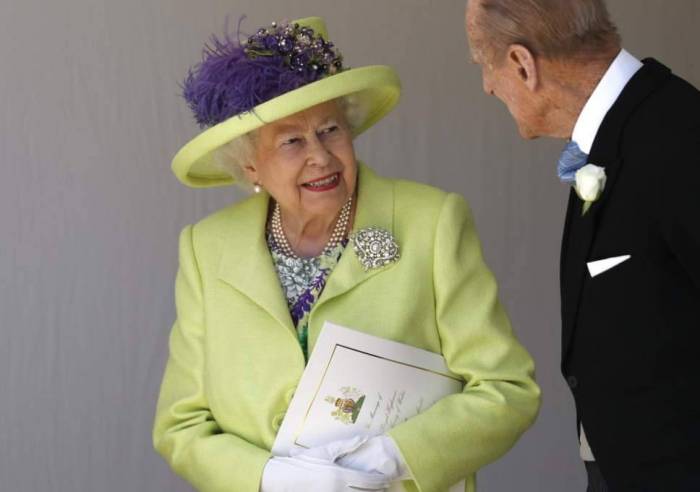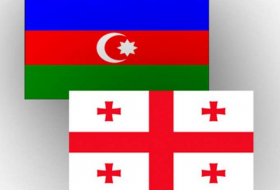So, what will happen when the Queen’s reign comes to an end and how will Britain mourn the loss of one its longest-standing monarchs?
Here’s what we know so far.
How will we find out?
The Prime Minister will be informed of the news ahead of its public release via the Queen’s private secretary, Sir Christopher Geidt.
He will then inform the 15 countries and 36 Commonwealth nations where the Queen is head of state.
Historically, the BBC has always been told about royal deaths ahead of other media outlets.
However, nowadays it’s common for major announcements to go out to the world’s media at once via a news agency such as Press Association.
If the Queen’s death is expected - in the instance that she has been severely unwell - the news will spread via the main TV channels first, with all BBC channels being interrupted to show the BBC One feed which will broadcast the story. Other independent channels may choose to do this as well.
How the news is relayed by broadcasters is of tantamount importance, with minor details such as their clothing coming under scrutiny from the public.
For example, the BBC’s Peter Sissons was harshly criticised by the public for wearing a red tie when he announced the death of the Queen Mother in 2002 - black ties are now usually kept on-hand by all UK major broadcasters for future royal death announcements.
Some broadcasters will also run rehearsals in which they practise announcing that the Queen has died so as to ensure they are prepared.
Obituaries will also have been prepared in advance, as will a number of pre-recorded films and documentaries.
Pilots will also announce the death on their flights.
What will happen immediately afterwards?
If the last death of a monarch is anything to go by, it’s likely that a number of operations will grind to a halt.
For example, when George VI died in 1952, the BBC stopped airing all comedy until after the funeral had taken place.
On the day itself, it’s likely that most UK workers will be sent home early.
This will be followed by a 12-day mourning period, during which time the Queen’s body will be moved to Buckingham Palace - if it is not there already - and preparations will be made for the state funeral, which will be led by the Archbishop of Canterbury.
Flags will also fly at half-mast across the country.
How will businesses be affected?
On the day of the funeral itself, the London Stock Exchange will close, as will most UK banks.
The day of the funeral and the subsequent coronation will also become national holidays.
Some fear that such measures will cost the British economy billions of pounds - however, it's difficult to know what the financial repercussions will be ahead of time.
What will happen to the Queen’s body?
Her Majesty’s coffin will lie in state in Westminster Hall for four days so that the public can pay their respects.
More than 200,000 people paid their respects for the Queen Mother when her body was laid in state for three days and numbers for the Queen are expected to surpass this.
After this, it’s expected that the body will be laid to rest in St George’s Chapel at Windsor Castle, where both the Queen Mother and her father, King George VI, are buried.
How will she be succeeded?
The Prince of Wales will become King automatically following the Queen’s death and will address the nation on the evening of her passing.
The Duchess of Cornwall will become Queen Camilla.
However, he may choose to change his name upon ascending to the throne, as royals can choose any one of their given names. This means he could be known as King Arthur, Philip or George.
Should he choose to keep his own name, he will become King Charles III and his coronation will take place a few months after the Queen’s funeral.
It’s also likely that the Duke of Cambridge will then become the Prince of Wales.
The Independent
More about: Queen
















































